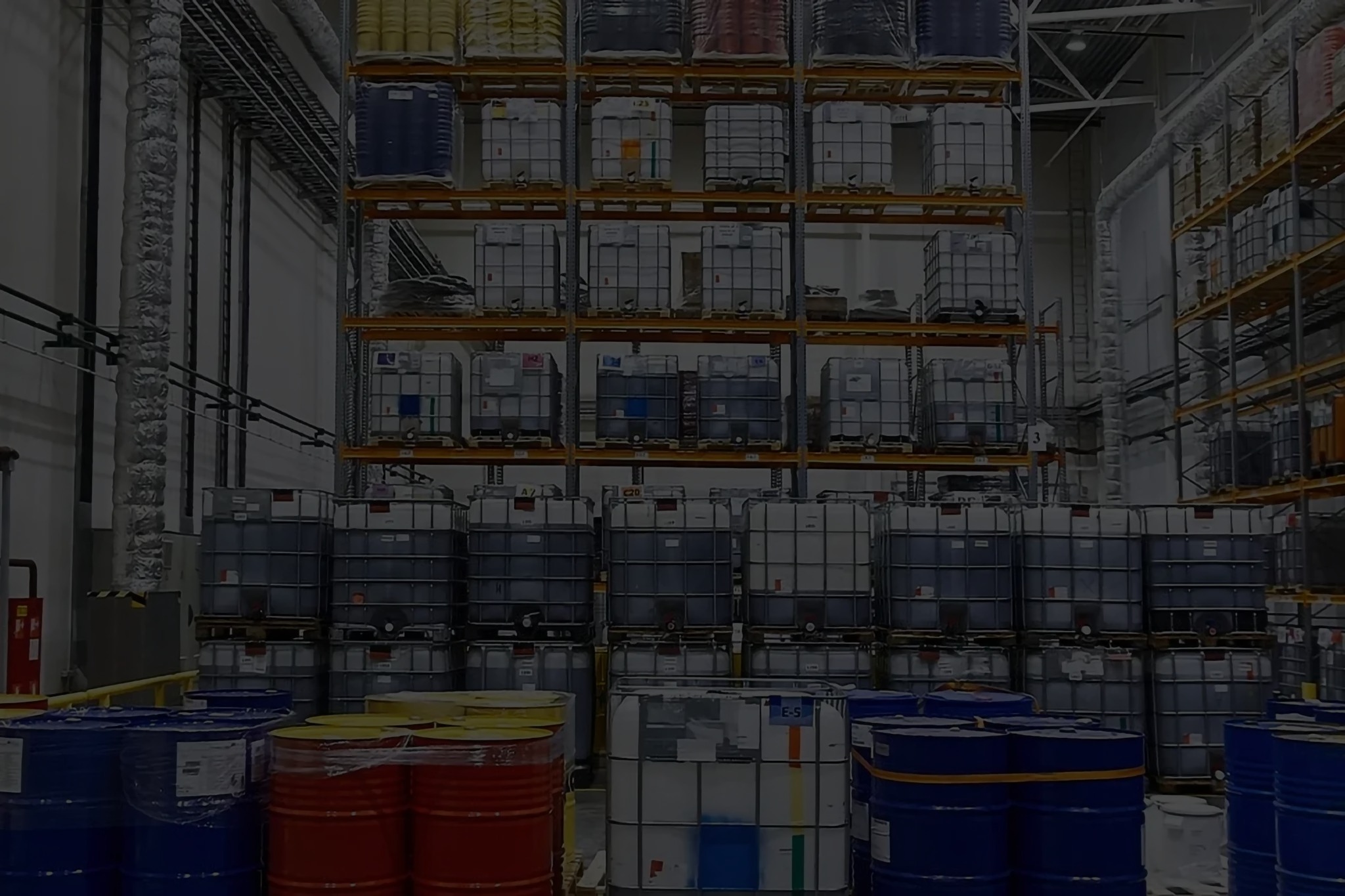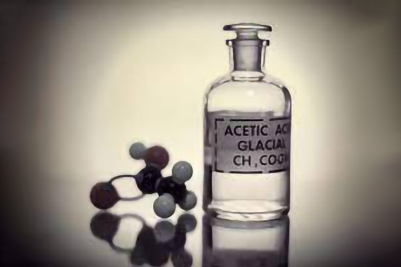Key Chemicals in Industrial Manufacturing
Industrial manufacturing relies heavily on various chemicals to create products that are essential in everyday life. These chemicals play a crucial role in enhancing product quality, efficiency, and functionality. Understanding these chemicals and their impacts on product development is vital for industries to innovate and maintain competitiveness.
1. Sulfuric Acid (H₂SO₄)
Sulfuric acid is one of the most widely used industrial chemicals. It is a strong acid used in the production of fertilizers, petroleum refining, wastewater processing, and chemical synthesis. Its primary role in manufacturing includes:
- Fertilizer Production: Sulfuric acid is crucial for producing phosphoric acid, which is then used to manufacture phosphate fertilizers. This process significantly boosts agricultural productivity.
- Petroleum Refining: It helps in removing impurities from crude oil, leading to the production of cleaner fuels.
- Chemical Synthesis: Sulfuric acid is involved in producing numerous chemicals, including hydrochloric acid, nitric acid, and various sulfate salts.
The impact of sulfuric acid on product development is profound, as it enhances the efficiency and quality of products across multiple industries.
2. Ethylene (C₂H₄)
Ethylene is a fundamental building block in the petrochemical industry. It is a colorless, flammable gas with a sweet odor and is used primarily for producing polyethylene, the most common plastic. Key uses of ethylene include:
- Polyethylene Production: Ethylene is polymerized to create polyethylene, used in packaging materials, containers, and various plastic products.
- Chemical Intermediates: Ethylene is a precursor to many chemicals, including ethylene oxide, ethylene glycol, and vinyl chloride. These intermediates are essential for manufacturing antifreeze, solvents, and PVC.
- Ripening Agent: Ethylene is also used in agriculture to regulate the ripening of fruits, ensuring they reach markets at the optimal ripeness.
The versatility of ethylene makes it indispensable in manufacturing, significantly influencing product development in the plastics and agricultural sectors.
3. Ammonia (NH₃)
Ammonia is a colorless gas with a pungent odor, widely used in industrial and agricultural applications. Its primary industrial uses include:
- Fertilizer Production: Ammonia is a key ingredient in nitrogen-based fertilizers, which are critical for plant growth and agricultural yield.
- Refrigeration: Due to its high energy efficiency, ammonia is used as a refrigerant in large industrial refrigeration systems.
- Chemical Manufacturing: Ammonia is used to produce various chemicals, including nitric acid, urea, and amino acids.
Ammonia’s role in product development is significant, particularly in agriculture, where it directly influences crop productivity and food security.
4. Chlorine (Cl₂)
Chlorine is a yellow-green gas with a strong odor, commonly used in water treatment and the production of various consumer goods. Its main applications are:
- Water Treatment: Chlorine is essential for disinfecting drinking water and treating wastewater, ensuring public health and environmental safety.
- PVC Production: It is used to manufacture polyvinyl chloride (PVC), a versatile plastic used in construction, packaging, and medical devices.
- Bleaching Agent: Chlorine is a key component in producing bleaching agents for paper and textile industries.
The impact of chlorine on product development is extensive, particularly in ensuring water quality and enabling the production of durable plastic materials.
5. Sodium Hydroxide (NaOH)
Also known as caustic soda, sodium hydroxide is a highly versatile and widely used chemical. Its industrial applications include:
- Paper Manufacturing: Sodium hydroxide is used in the pulping and bleaching processes of paper production.
- Soap and Detergent Production: It is a key ingredient in producing soaps and detergents, essential for cleanliness and hygiene.
- Chemical Manufacturing: Sodium hydroxide is used to produce various chemicals, including sodium hypochlorite, used in bleach.
Sodium hydroxide’s role in product development is vital, contributing to essential everyday products and industrial processes.
Conclusion
These key chemicals—sulfuric acid, ethylene, ammonia, chlorine, and sodium hydroxide—are foundational to industrial manufacturing. Their diverse applications not only enhance product quality and efficiency but also drive innovation and sustainability in various industries. Understanding the impact of these chemicals on product development helps industries optimize their processes and develop new solutions to meet evolving market demands.

